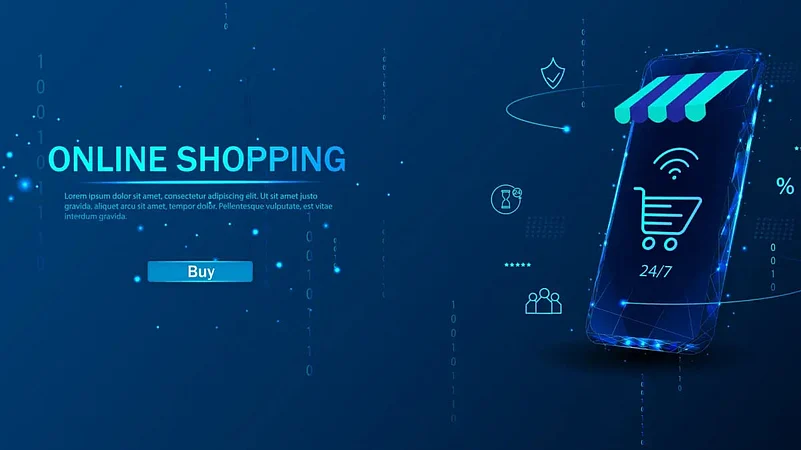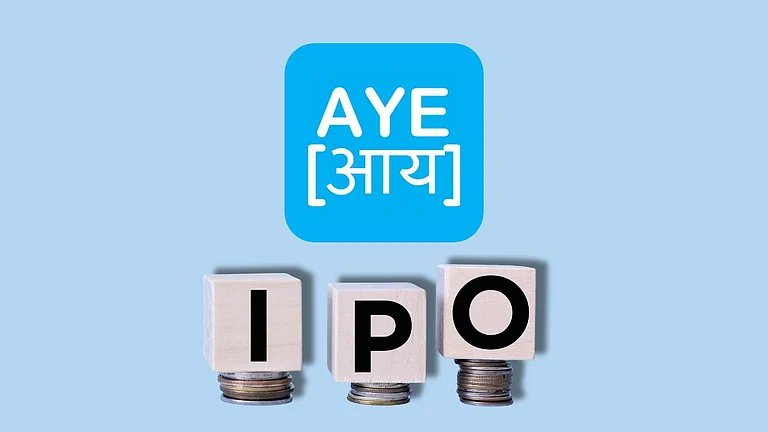In a report titled “The Future of Payments 2022”, the UK-based financial services company Finextra Research observed that financial frauds may continue to rise as higher costs take a toll on people’s budgets, and hence payments systems should have robust security and ease.
The report noted that fraudsters could double down on their attempts to extract money from people, and those who do not have sufficient disposable income are at higher risks.
Some retailers, however, believe that adding more security to payment systems could hinder consumer convenience and may lead to lower sales volumes.
In the same report, Matt Cox, head of digital payments of UK’s financial services company Nationwide, stressed that cyberattacks and payment frauds are a major concern and the industry’s biggest responsibility.
“There is a huge flowering of innovation in the payments space. No doubt, we will see new and improved solutions coming to market because the one thing we can be sure of is that fraudsters will always find new ways around the defences we deploy,” added Cox.
HP Singh, chairman and MD, Satin Creditcare Network Limited, a listed non-banking finance company, said that India has been moving toward innovation and digitisation and technological development has become a pillar on which various new innovations are being built.
"However, with the penetration of digitization and the revolution it has led to in the online and digital payment, there have been increased concerns for security among the public. Many scammers have been trying to steal information or dupe people using these payment methods. But the financial sector has continued to stay on top of this issue by creating safer portals and added security on payment sites."
Implementation Of Customer Payment Authentication In Europe
According to Cox, the implementation of a strong customer authentication (SCA) tool in Europe has been a “positive step in the fight against fraud”. Cox says that SCA has immense benefits for people, but “these technological developments must be enjoyed by all.
“If merchants are not ready, or if there is a pocket of consumers who are not ‘mobile active’, the industry will need to provide alternative solutions,” he added.
Cox believes that if Europe’s SCA success is “replicated across the industry, this will be a major step forward in the ongoing fight against fraudsters”.
Freedom To Choose Payment Modes
Simon Gilson-Fox, head of product and solutions for the UK and Ireland at the payments processing company Visa, said consumers should be able to choose their payment mode for goods and services.
For instance, if they “want to use their card to make an online payment, and benefit from the security protecting their payment from fraud, we should make sure it’s as easy as possible for them to do so, which means delivering SCA in a way that doesn’t force the consumer to abandon their purchase or find alternative routes,” Fox added.
Also, according to a report published by “freshrelevance” and retrieved by Baymard Institute of Copenhagen, Denmark, cart abandonment by consumers at e-commerce websites is a big issue, and it was found that 59.22 per cent of consumers did this practice.
Adarsh Sharma, chief revenue officer, FS Life, a online fashion e-commerce company, said that when adding security measurements on the payment gateways for any e-commerce website, "it is important to give customers additional options which optimises for conversion rates but it is equally important to build in safeguards for the company. The key is to figure out how to maintain balance between the two."
"Not keeping any security measures can lead to a high amount of fake orders, return to origin (RTOs) leading to unnecessary logistics cost, and having inventory stuck in the system," added Sharma.
Regarding SCA implementation, the Finextra report noted that it will cause “online retailers to lose out on some sales because of the additional friction that it imposes on customers.”
Cox added that he appreciates this risk (sales abandonment issue), but at the same time, “with secure journeys that are also slick, I don't think in the long run, sales will tumble. Security is a huge priority for consumers – not just checkout speed. They want both.”
Cox further stated that as they introduce these changes (SCA and others), “drop-out-at-checkout will be a thing, but it will be a declining problem.” Cox explained that “asking consumers to authenticate is good, and it will become normal accepted behaviour.”
However, some commentators argued that though the impact of drop-off at checkout on websites will be short-lived, it will be enough reason for some “businesses to explore alternative online payment methods, such as mobile wallets,” noted Finextra.

Security For Payment Systems
Gilson-Fox of Visa added that “the world of biometrics, with its potential to combat fraudsters, is hugely buoyant. There are strong incentives for the industry-at-large to adopt these measures.” Fox shared his own company research that showed “customers increasingly consider biometrics to be secure and easy to use.”
The report noted that the “authorised push-payment (APP) fraud" is one of the most challenging cyberattacks that payments providers need to overcome. In such a fraud, a customer is tricked into authorising a payment to an account controlled by a criminal.”
Companies can prevent such an attack by using behavioural biometric technology. Cox highlighted a key feature of the technology: the “keystroke patterns to users’ profiles” can ascertain who is attempting to conduct a transaction.
Cox stressed that the technology has become so effective that even regulators believe that biometrics are robust enough to be considered by providers as part of their overall toolkit.
Future Outlook For Payment Security
Both Nationwide’s Matt Cox and Visa’s Gilson-Fox agreed that criminals “will constantly adapt to new security measures and will seek out the weakest link in the security systems of financial institutions.”
Hence, they believe a “new digital system should be designed with security (in) top of mind. Educational campaigns combined with technological measures will be critical to raise security awareness among users,” the report noted. They both predicted that as technology becomes increasingly invisible, the consumers’ experience will improve.
"We are currently living in a volatile business environment and changing global ecosystems. Innovations are happening on a regular basis to provide seamless business experience for everyone. Various processes are being digitized given their nature of easy access and simpler formats. While it is possible for one to choose a highly secure but slow payment method, it would increasingly and negatively affect business and limit the opportunities one could explore for expansion or better customer service," added Singh.













